Nearly 4 million people, including more than 1 million children, in the UK will experience extreme poverty by 2022, according to a recent study published by the Joseph Rowntree Foundation (JRF), a local social charity.

Half of poor households in the UK struggle to get by on less than £85 a week after housing costs, according to research by the Joseph Rowntree Foundation. Photo: GETTY IMAGES
According to the charity, the number of people in the UK experiencing “living poverty” increased by 61% between 2019 and 2022, with 3.8 million people experiencing this reality.
“Destitution” is defined as the inability to meet basic physical needs, including food, clothing, warmth, cleanliness and dryness, due to a lack of essentials such as clothing, heating, shelter and food, or because income is so low that people cannot afford to buy these items.
Household incomes fall below the minimum after housing costs, ranging from £95 ($115) a week for a single adult to £205 ($249) a week for a couple with two children. More than half of poor households have a weekly income of less than £85 after housing costs, the study concluded, adding that 25% reported no income at all.
The number of children living in poverty has almost tripled since 2017, marking a dramatic increase of 186%. Five-year-olds in the UK growing up during the austerity era are 7cm (2.76 inches) shorter than their peers in other developed countries.
Since 1985, when both British boys and girls were ranked 69th for average height at age 5 out of 200 countries listed, their rankings have plummeted, to 102nd for boys and 96th for girls, behind countries such as Canada, Kyrgyzstan and Cuba.
Because height is affected not only by the quality and quantity of food but also by stress, poverty, illness and even sleep quality, Mr Cole said it was a uniquely “sensitive” indicator of living conditions.
Adults across the UK said they were often unable to eat more than one meal a day, often going without to ensure their children had something to eat. Around two-thirds of respondents (61%) said they had gone hungry in the past month, having relied on food banks or relatives to get food.
More than half of poor adults (51%) regularly lack cleaning and hygiene products, along with toiletries such as shampoo and toothpaste.
Most adults surveyed cannot afford to buy new clothes and shoes. They only try to buy new clothes when absolutely necessary, such as school uniforms and sports shoes for their children.
Compiled by NGUYEN TAN
Source











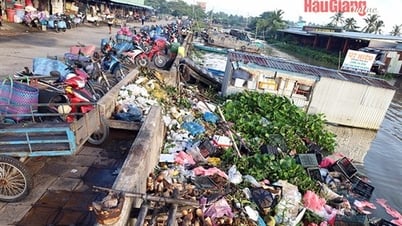
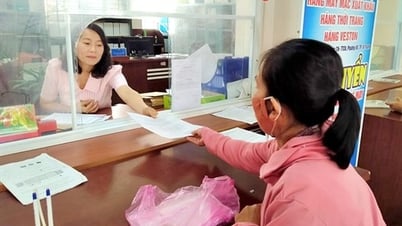
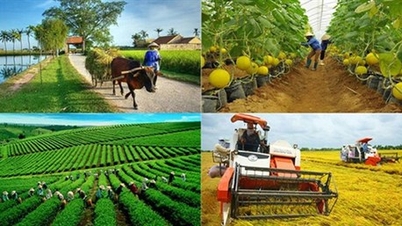






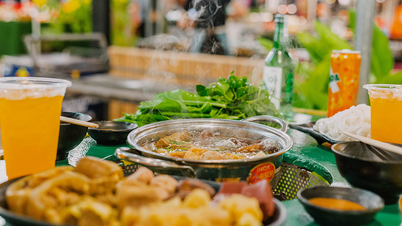























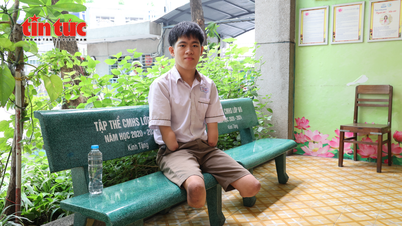



























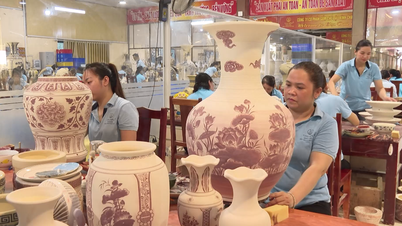

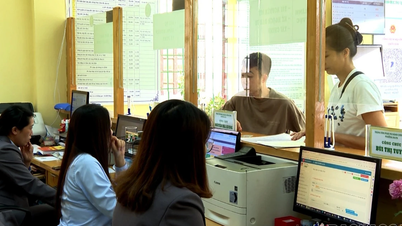

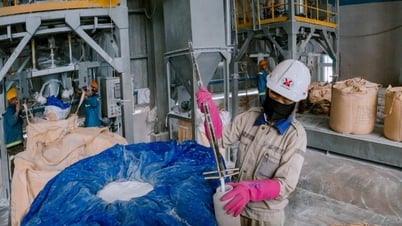









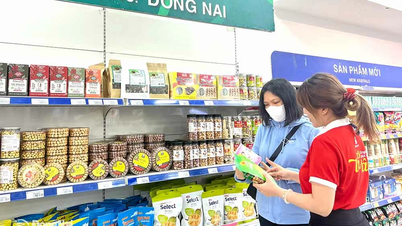









Comment (0)